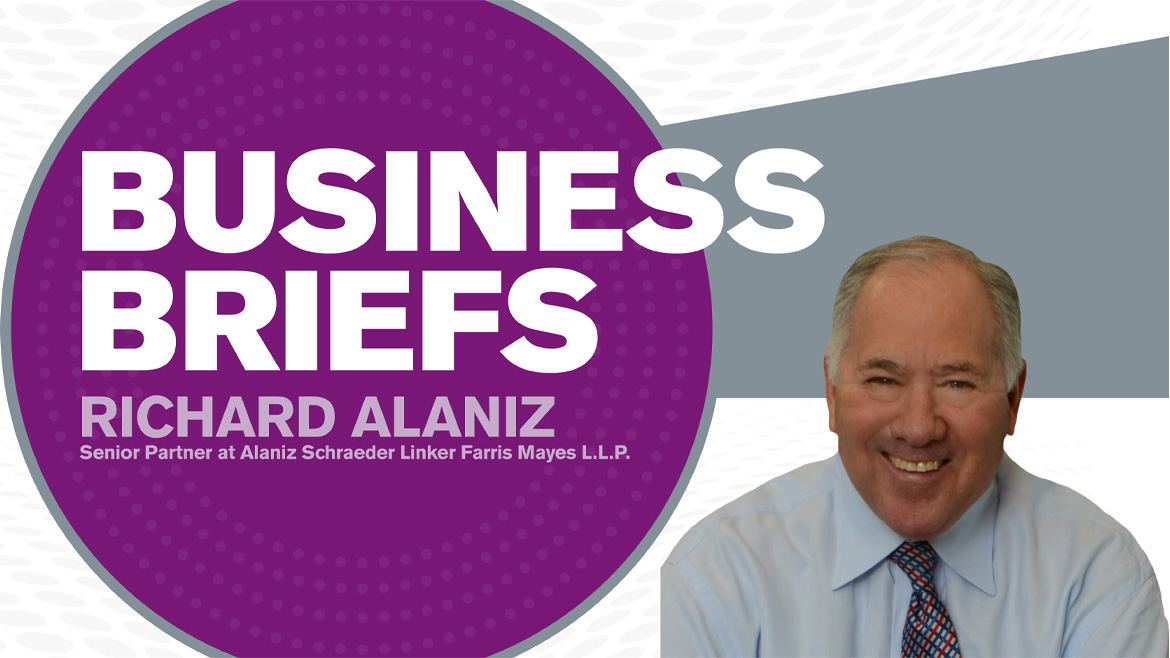On August 6, 2019, New Jersey became the fourth state to adopt a “wage theft” statute for wage and hour violations. The new law provides for jail time in addition to increasing the fines for criminal convictions for underpaying workers. First-time offenders could face a fine of $500 to $4,000, imprisonment of 10-90 days, or both. It also allows workers to collect liquidated (double) damages in civil or criminal wage cases, who now have up to six years to file a claim. This is all part of a growing response, especially in Blue states, to the problem of employers’ continuing failure to comply with wage and hour laws, whether it is the federal Fair Labor Standards Act (FLSA), or similar laws at the state level.
Wage payment violations can and do occur in workplaces of all sizes and in all industries. They generally involve a number of employees since most violations are the result of an improper pay procedure or employee misclassification, which can apply to several individuals. All non-exempt employees are entitled to time-and-one-half (1½) for all hours worked over forty (40) in a workweek. Some states, such as Alaska, California, and Colorado, have a daily overtime rule in addition to the weekly overtime requirement.
Failure to Pay Overtime
Under both the federal and state laws, the most common claims involve the failure to pay overtime. In most cases the failure is caused by an employer treating an employee as exempt from overtime when they are not properly qualified for the exemption. Under both the FLSA and most state wage and hour laws, paying an employee a salary does not automatically make them exempt from overtime. In order to be exempt the employee must satisfy the criteria under what is known as the “white collar” exemptions. The main categories are “executive,” “administrative,” “professional,” and “outside sales.” In all but the “outside sales” category the person must satisfy two separate tests — the salary test and the duties test. Under the FLSA currently the required salary is $23,660 per year, or $455 dollars per week. The state salary requirements vary, with some similar to the federal level and others substantially higher. There is a pending Department of Labor rule to increase the federal required salary for exempt status to $35,308 per year, or $679 per week. It is expected that the new salary rule will be issued soon and will entitle over one million additional people to receive time-and-a-half for all hours over forty in a workweek. Employer advocates have already indicated that they will challenge the new rule in court once it becomes effective.
The “duties” test that must also be satisfied varies with each of the exemptions. In the case of the “executive” exemption, in order to satisfy the test the person must have as their primary duty the management of a company, department, or other subdivision of the enterprise. They must also direct at least two employees and have the authority to hire, fire, promote, or to effectively recommend such actions. The exemption includes such people as managers, supervisors, and others with similar authority. To meet the duties test for the “administrative” exemption the person must work in a non-manual job that includes as its primary duty the exercise of discretion and independent judgement with regard to business matters of significance. Positions that have historically been covered by this exemption are insurance claim adjusters, executive assistants, human resources personnel, purchasing agents, buyers, and other jobs with similar responsibilities. The “professional” exemption generally applies to positions requiring advanced knowledge in a specialized field of science or learning acquired by a prolonged course of intellectual instruction. This exemption generally applies to lawyers, doctors, pharmacists, architects, engineers, and similar occupations. The “outside sales” exemption requires that the person’s primary duties consist of making sales while customarily away from the employer’s place of business. Unlike the other exemptions, there is no minimum salary requirement. The exemption does not apply to inside sales employees. There is no longer any requirement that exempt employees spend a certain percentage of their time in exempt duties. This means that they can engage in non-exempt duties as long as their primary responsibility is to perform exempt functions.
Not Paying Employees for All Time Worked
When employees are not paid for all hours worked, the employer is considered to be in violation of both the FLSA and any applicable state wage and hour laws. It is not always misclassification that causes the violation. In some cases, overtime liability is generated by an employer failing to pay non-exempt employees for their off-the-clock work. This is likely even if the employer was unaware that such work was being performed and never asked that it be done. It frequently involves work-related activity done before or after the official workday. A non-exempt employee responding to work e-mails after hours is one example that has drawn increasing attention. The rule is that if the employer “suffers the employee to work,” the employee is entitled to payment. If the additional unpaid time takes the weekly total over 40 hours, then overtime is due the employee. All employers should consider providing employees clear notice that all off-the-clock work must be reported and that no overtime work may be performed without proper authorization.
State Specific Wage Issues
Wage and hour claims are the most frequently filed claims against employers. In states with complex and strict wage laws like California, the majority of cases pending in the courts relate to such claims. Aside from the fact that many, if not most, employers inadvertently violate wage and hour laws, there are several other equally fundamental reasons so many cases are filed. Wage and hour claims generally have a three (3) year statute of limitations. In addition, the liability almost always results in liquidated damages – double damages. And to make such cases even more attractive for plaintiff lawyers, the employer is liable for all the employee’s attorney’s fees. These cases are easy to file and almost as easy to win. Proper payment either was or was not made. If there is more than one employee affected, which is almost always the case with claims of failure to properly pay, they can become collective (class) actions which can cover dozens, hundreds, and even thousands of employees. Employees who have left but may have worked during the three-year liability period and not paid properly can be members of the class. There is no requirement that the employees who claims a violation first complain to the Department of Labor or similar state agency. A lawsuit can be filed in either federal or state court, depending upon which law is at issue. Since liability is usually fairly clear, most of these types of cases settle long before trial.
What it Means to Be a Wage Thief
It is because of the prevalence of wage and hour violations that some states have begun to treat these cases as “wage theft” as previously noted. It is a significant escalation of what have historically been considered relatively minor although sometimes expensive violations. In addition to the increased penalties, including criminal sanctions in some cases, being portrayed as a “wage thief” carries a much heavier stigma for the employer. No employer wants to be known for stealing wages from their hard-working employees who are merely trying to feed their families. Such an accusation can cause lasting damage to the employer’s reputation and brand. People may not want to do business with or work for a “wage thief.” With today’s 24/7 news cycle it is apparent how this could occur.
Thus far, only Colorado, the District of Columbia, Minnesota, and New Jersey have adopted wage theft laws. Colorado’s law becomes effective on January 1, 2020. However, it is only a matter of time before more states move in this direction. For example, it has recently been reported that prosecutors in California and New York are beginning to view wage violations as crimes, although neither state has formally adopted a wage theft law. Bloomberg Law recently reported that prosecutors in those states are focusing on specific industries such as construction, restaurants, janitorial services, and home care providers. All are seen as industries with low wages, temporary jobs, a significant number of immigrant employees, and are the types of businesses that can easily close down in one location and open up elsewhere at will, leaving employees unpaid. Thus far, there have been only isolated prosecutions and have almost exclusively involved business owners who engaged in egregious violations of the wage and hour laws.
Conclusion
All employers should pay close attention to the developing “wage theft” approach to wage and hour violations at the state level. Overtime liability and failure to pay for all hours worked are almost always generated without the employer even being aware of it until a claim or lawsuit is filed. No employer wants criminal penalties and being branded a “wage thief” on top of the double damages and attorney’s fees that they already are likely to be paying.
Submit your own guest content here!









